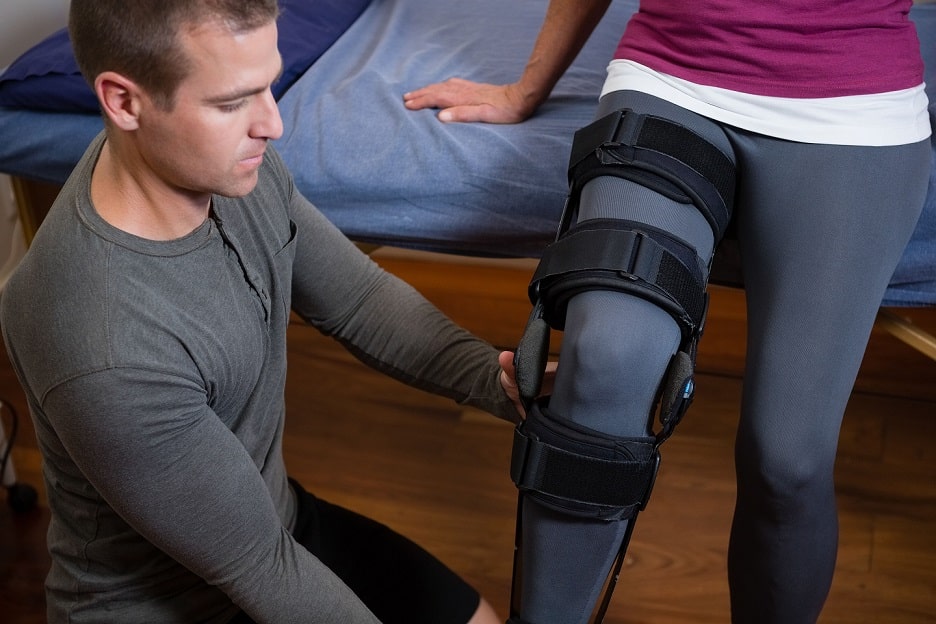Where a loved one has been involved in an accident which has led to their death, it is likely that compensation and damages will be the last thing on the minds of those who cared about them. However, where the deceased left behind people that they looked after, supported or were dependent on them, then those dependents may be able to claim damages.

The law on bringing such a claim is dealt with in the Fatal Accidents Act 1976. The act states that:
‘ If a death is caused by any wrongful act, neglect or default which is such as would (if death had not ensued) have entitled the person to maintain an action and recover damages in respect thereof, the person who would have been liable to an action for damages, notwithstanding the death of the person injured.’
The act therefore, essentially puts the dependent person in the position that the Deceased would have been in, allowing them to claim the damages that would have been owed to the Deceased if the claim was successful.
So what are the necessary requirements for a claim to be brought?
Claimants have to prove that:
- The deceased was injured by the wrongful act, neglect or default of the defendant;
- The deceased died as a consequence of that act, neglect or default;
- At the time the deceased died he could have brought an action to recover damages;
- The dependents must have suffered a loss as a result of the death.
All four of these points need to be true for a claim to be brought.












